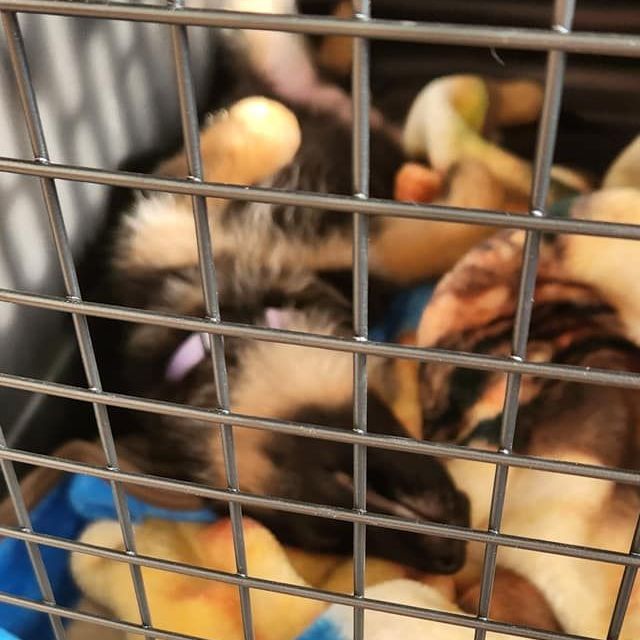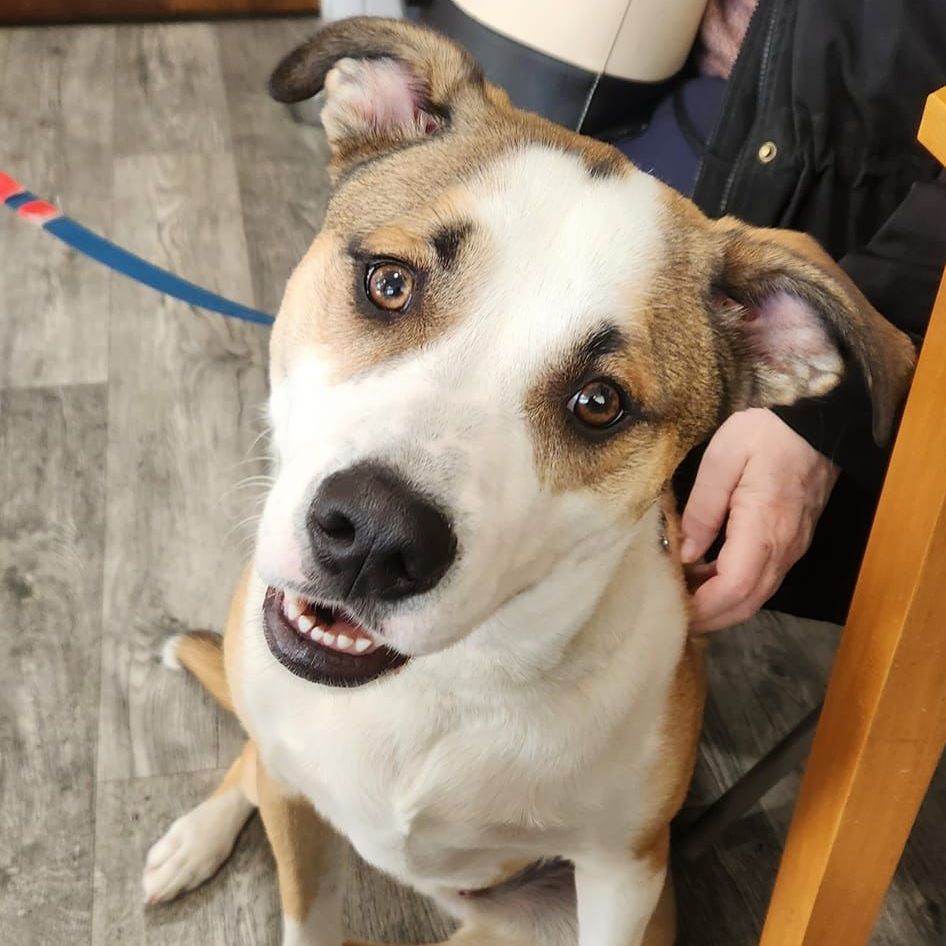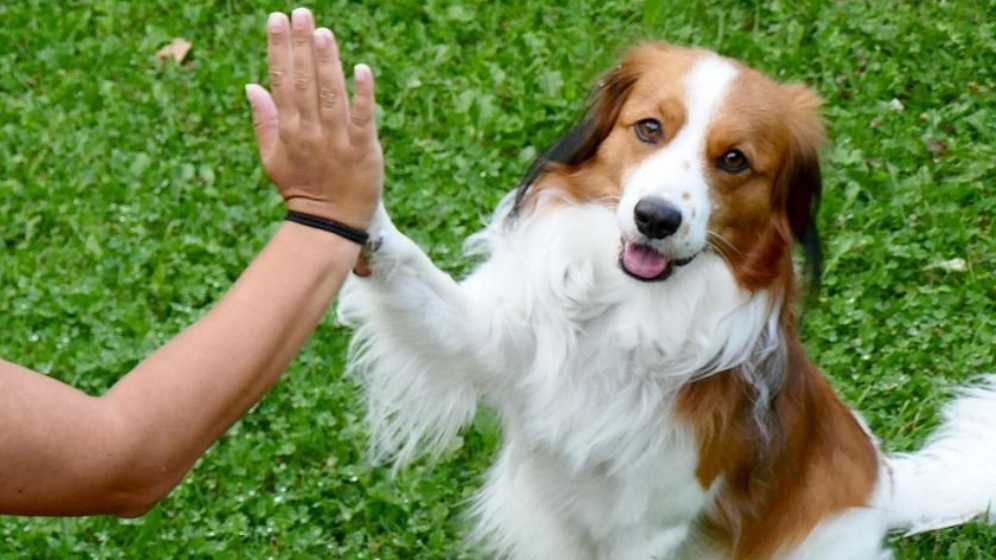Navigating Dog Treats: A Professional Trainer's Guide to Safety and Health
Sue Battel, Certified Behavioral Trainer
As a professional dog trainer with over 40 years of experience, I've dedicated my life to understanding and supporting the unique needs of our canine companions. One crucial aspect of responsible dog ownership is ensuring their health and safety, which extends beyond training. Today, we'll delve into the often-overlooked topic of dog treats, exploring what's safe and what to avoid.
The Dangers of Common Treats:
Many popular dog treats carry hidden risks.
- Rawhide: While seemingly harmless, rawhide can cause digestive blockages and even internal injuries. I've witnessed firsthand the distress caused by dogs vomiting up large, undigested chunks of rawhide.
- Real Bones: Never underestimate the danger of real bones. They can splinter, causing internal injuries and potentially life-threatening situations. I recall a terrifying experience with my German Shepherd who suffered severe rectal bleeding after consuming a bone.
- Processed Treats: Many processed treats, like bully sticks (which are essentially processed bull penises), contain excessive amounts of preservatives and can pose choking hazards.
Prioritizing Safety and Health:
Based on my extensive research and personal experience, I prioritize the following guidelines when choosing treats for my dogs:
- Avoidance of Unsafe Options: I strictly avoid rawhide, real bones, bully sticks, deer antlers, pig ears, cow hooves, and any raw or freeze-dried meats.
- Focus on High-Quality Dog Food: I believe in feeding my dogs a nutritionally balanced commercial dog food.
- Research-Based Treat Selection: When choosing treats, I conduct thorough research to ensure they are free of harmful ingredients and are appropriate for my dogs' specific needs.
Why I Avoid Raw Diets:
While the raw food diet trend suggests mimicking a wolf's natural diet, it's crucial to remember that dogs are not wolves. Domestication has significantly altered their digestive systems.
- Bacterial Risks: Raw meat carries a high risk of bacterial contamination, posing a danger not only to your dog but also to you and your family.
- Lifespan Disparity: Wolves have a significantly shorter lifespan than domesticated dogs. Feeding a raw diet may not be conducive to the long and healthy life we strive for our canine companions.
Safe and Healthy Alternatives:
I recommend exploring the following safe and healthy treat options:
- High-Quality Commercial Treats: Look for treats made with natural ingredients and free of artificial preservatives and colors.
- Dura-Chew Nylabones: These chew toys provide a safe and satisfying outlet for your dog's chewing instincts.
Remember: Every dog is unique. What works for one dog may not be suitable for another. Always prioritize your dog's individual needs and consult with your veterinarian for personalized advice.
By making informed choices about your dog's treats, you can contribute to their overall health and well-being. Remember, responsible dog ownership goes beyond training; it encompasses all aspects of your dog's care.
I hope this information proves helpful. Please feel free to reach out if you have any questions or would like to discuss specific concerns about your dog's diet and treats.
Disclaimer: This blog post is for informational purposes only and should not be considered veterinary advice. Always consult with a qualified veterinarian for any questions or concerns regarding your dog's health.
Share the Learning:



